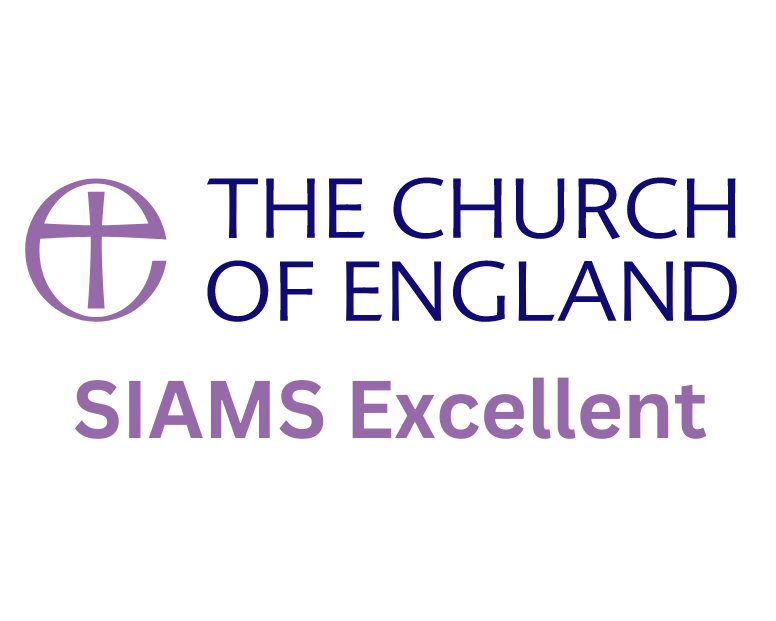Employers of Physics graduates include academic institutions, government research organisations and industry. Industries employing physicists are varied and include: Aerospace and defence; Education; Energy; Engineering; Instrumentation; Manufacturing; Oil and Gas; Science and Telecommunications.
Physics
| Exam Type: | Linear 2 year A-Level |
| Exam Board: | AQA |
About the Course
During this course you will:
- develop a greater understanding of physical facts together with an appreciation of their significance in new and changing situations,
- develop a greater expertise in the area of practical work and the link between theory and experimental work,
- continue to enjoy and further develop a personal interest in the physical world,
- examine the recognition of the responsible use of Physics in society and the awareness of developments in Physics in an ever changing world.
It is expected that students will have achieved a GCSE Grade 7 or above in Combined Science or Grade 7 in Physics. During the course, students will be expected to handle and interpret data so it is also expected that students will have achieved a GCSE Grade 7 in Mathematics.
Core Content:
- Measurements and their errors
- Particles and radiation
- Waves
- Mechanics and materials
- Electricity
- Further mechanics and thermal physics
- Fields and their consequences
- Nuclear physics
Options:
- Astrophysics
- Medical physics
- Engineering physics
- Turning points in physics
- Electronics
By examination
A-Level
Paper 1: Sections 1 to 5 and 6.1 (Periodic motion). Written exam of 2 hours. 85 marks comprised of 60 marks of short and long answer questions and 25 multiple choice questions on content. (34% of A-Level)
Paper 2: Sections 6.2 (Thermal Physics), 7 and 8 and assumed knowledge from sections 1 to 6. Written exam of 2 hours. 85 marks comprised of 60 marks of short and long answer questions and 25 multiple choice questions on content. (34% of A-Level)
Paper 3: Section A Compulsory section: Practical skills and data analysis and Section B: Students enter for one of sections 9, 10, 11, 12 or 13. Written exam of 2 hours. 80 marks comprised of 45 marks of short and long answer questions on practical experiments and data analysis and 35 marks of short and long answer questions on optional topic. (32% of A-Level)






